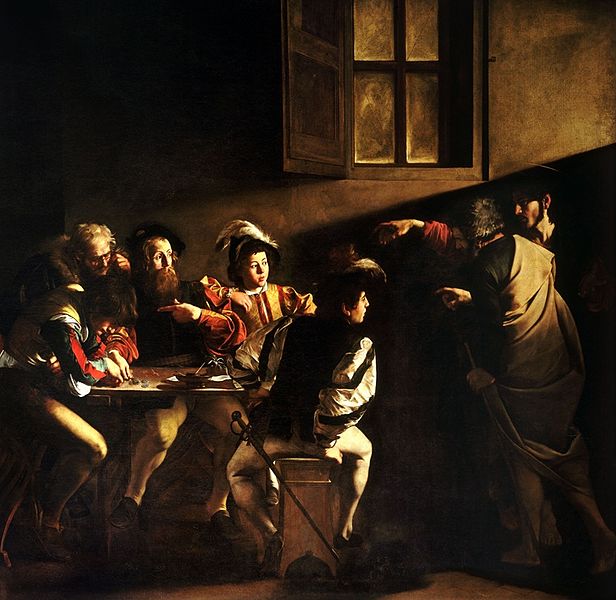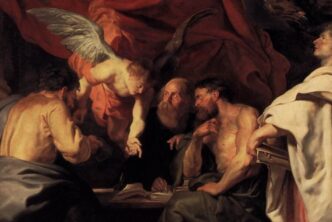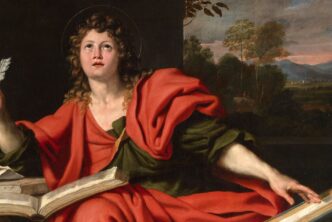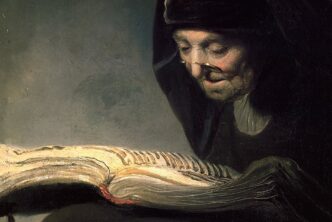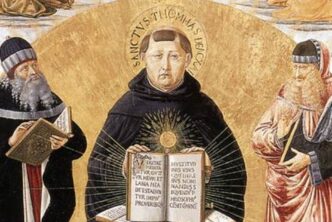Although Jesuit priest and scholar Cornelius à Lapide died in 1637, his impressive erudition and passion for Scripture are still greatly admired today. The 8-volume Great Commentary of Cornelius à Lapide is just one of the commentaries featured on the Verbum Monthly Sale during the month of August.
 The following excerpt is from Cornelius à Lapide’s discussion of the Gospel of Matthew. The author is obviously steeped in scripture and also conversant with the writings of the Church fathers, but he chooses a moment from Matthew that every believer will recognize. As Lapide mentions, the moment of conversion, of answering the call of Christ, is one that spans the centuries.
The following excerpt is from Cornelius à Lapide’s discussion of the Gospel of Matthew. The author is obviously steeped in scripture and also conversant with the writings of the Church fathers, but he chooses a moment from Matthew that every believer will recognize. As Lapide mentions, the moment of conversion, of answering the call of Christ, is one that spans the centuries.
Lastly, St. Matthew is pre-eminent amongst the Evangelists in the following respects:[…] Because St. Matthew, who was perfectly conversant with business affairs, for he was over the tribute, was converted to Christ, not by seeing His miracles, not by hearing His preaching, says St. Chrysostom, but by a single word, “Follow Me,” obeying this with the utmost promptitude, he was straightway changed into another man, even into an Apostle, so that he left all things, and followed Christ.

I may add, that after this he never left Christ, but was a beholder and a witness of His miracles, an imitator of His life, a companion of His journeys and labors a partaker of His cares and griefs, and thus was conversant with Him during the whole period of His earthly ministry. Matthew means in Hebrew, given, as Origen and Isidore say—or a gift, as Pagninus thinks—from matthan, a gift. Anastasius of Antioch gives a different interpretation, Matthew, he says, means the “command of the Most High.” St. Gregory makes the following remarks about him: “Iron is taken out of the earth. Was not Matthew found in the earth, when he was immersed in worldly business, and served the customs’ board? But when he was taken out of the earth, he possessed the strength of iron. For by his tongue, and by the dispensation of the Gospel committed to him, the Lord, as by a most sharp sword, transfixed the hearts of unbelievers.” Clement of Alexandria says of this Evangelist, that he was not wont to eat flesh, but to live on seeds, berries, and herbs. […] The last thing I will mention is, that St. Matthew made himself known to St. Bridget, when she was praying at his tomb in the city of Malphi, and said to her, “When I was writing my Gospel, so intense was the heat of the Divine flame which abode with me, that even if I had wished to keep silence, I could not, because of that burning heat.”
Discover the riches of Lapide’s vast scholarship with a monthly special from Verbum until the end of August!

